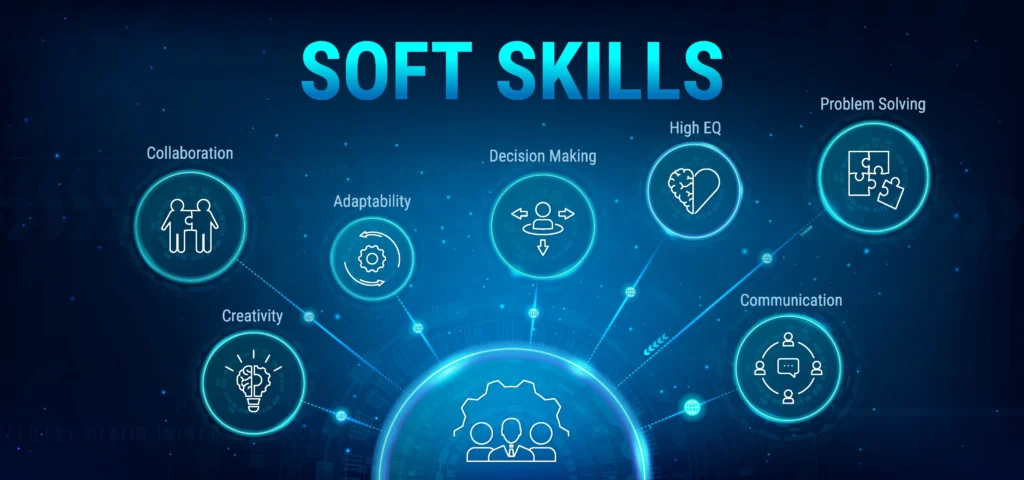Attract, Engage, and Retain Top Talent with a Strategic Pipeline
In our post-Covid world, having a strong talent pipeline is more crucial than ever.
And the skills shortage that was present in almost every industry pre-Covid is still threatening organizational growth.
When you’re recruiting, it’s not about the number of people you can attract to your organization; it’s about the quality of these candidates. Even with the perceived increase of candidates in the post-Covid job market, there are still skills shortages across most industries. Depending on the role you are trying to fill, recruitment can be a lengthy and involved process.
One of the most effective ways to ensure you can quickly fill the critical gaps in your team is to have people ready to step into your organization at the earliest available opportunity; in other words, your talent pipeline.
Let’s talk about the why’s and how’s of building a robust talent pipeline.
The Benefits of a Strong Talent Pipeline
Despite the pandemic, skills gaps are widening across all sectors; in fact, the pandemic has brought to light just how crucial the skills gaps are in many industries.
In developing a strong talent pipeline, the aim is to avoid the scenario where you have critical skills gaps and no-one lined up to fill them.
Many organizations think of recruiting only when they actively have a vacant position. A talent pipeline is a way of thinking about your team, and recruitment, in a more holistic way. You will always have an active, engaged audience and the idea of working for your company is something that is always on their radar.
Let’s look at some of the main positives of building your talent pipeline now.
1. Identify More Candidates
When a vacancy arises on your team, wouldn’t it be ideal to already have someone in mind to take over the role?
This is where a talent pipeline comes in; it reduces the fear of having a critical vacancy open as you have a range of potential candidates set up to open a dialogue with.
Your talent pipeline will speak to the 70% of candidates who aren’t actively looking for a job, the ‘passive candidates’ market. Organizations without talent pipelines are missing out on this significant portion of the workforce.
You can start to bring candidates into your talent pipeline at different stages in their careers, starting with graduates up to Exec level.
When you have a talent pipeline you can rely on, you have a range of candidates ready to be invited for an interview rather than starting the recruitment process from scratch.
2. Reduce the Time to Hire
I’m sure you’ll agree that in our post-Covid world, the thought of having critical vacancies on your team is an unpleasant one.
This year, teams have been stretched to the breaking point, with many taking on extra roles, having to adapt to working from home and generally being busier than ever before.
To keep your entire team working cohesively, you need to know that any critical vacancies will be quickly filled, instead of being left unfilled, damaging team output and reducing morale.
3. Increase Your Offer Acceptance Rates
One of the most frustrating things that can happen in the recruitment process is when you think you’ve found the ideal candidate, but then they turn down your job offer.
The more people you have in your talent pipeline, the more they will get to know your organization, and this relationship is what pushes great candidates over the line to say yes to your job offer.
As you can see, there are many benefits to creating a talent pipeline to make your recruiting process much easier.
Next, let’s look at how to build and develop your talent pipeline.
How to Build Your Talent Pipeline
Creating a talent pipeline means proactively forming long-lasting relationships with candidates who would be the right ‘fit’ with your organization – both in their skill set and their culture and values.
So, how do you do this?
Define What Your Organization Needs
The following are questions to ask when thinking about what you want from your talent pipeline –
- Who are your key employees and in what roles?
- What skills are most critical to your organization?
- Where do you want to take your business in the next 3-5 years?
- What type of people will you need in your business for it to grow?
Drawing on your experiences with Covid can help here too. When your business was in ‘critical survival mode’ like many were during the height of the pandemic, did this highlight any areas where you were missing vital skills?
Attract the ‘Right’ Talent
Attracting the right candidates to your organization is the critical part of building your talent pipeline.
Building a talent pipeline focuses on attracting both passive and active candidates, rather than a recruitment process which focuses solely on filling a current vacancy.
Having an excellent employer brand will be essential in attracting the type of talent you want. Any prospective talent that comes into contact with you will be forming an opinion as to whether they would like to join your company, whether they’re an active or a passive candidate.
The following are the most direct ways to build your talent pipeline –
- Networking events – getting your name out in your industry is crucial in building a following.
- Working with a recruitment specialist.
- Your social media channels – are you regularly posting engaging content for your candidates?
- Existing contacts and referrals – do you have a robust referral program in place? How often do you review and reconnect with former colleagues or managers?
- Graduate campaigns – getting to know the new generation of talent coming through the ranks is an excellent way to build your talent pipeline.
Review Your Application Process
A poor recruitment process is enough to put even the most interested candidates off.
Making your recruitment as seamless, engaging and professional as possible will leave even candidates who are not successful in receiving a job offer, want to apply again in in future.
Make sure your recruitment process is mobile-friendly; 58% of active job seekers use their smart device to search for jobs. But with many sites still not being mobile-friendly, mobile seekers complete 53% fewer applications and take 80% longer to complete each application than applicants using desktops.
A mobile-friendly application process increases the number of applicants to each role by 11.6%.
Write easy to read job descriptions with clear information; stay away from jargon.
Make sure you have the recruitment process planned out step by step so that applicants can be informed of the exact date by when they will be progressed to the next stage or not.
Important: Always stay in touch with candidates via email or phone throughout the entire recruitment process.
Start Building Your Talent Pipeline
With a network of engaged potential candidates ready to join your business, you’ll ensure that you always have potential on-hand to fill essential roles.
So, now you have the premise of building your talent pipeline, it’s time to get started.
Remember that you don’t have to go it alone – working with a dedicated recruiter is a great way to work on building your talent pipeline.
For more information on how we can help you build your talent pipeline, get in touch with us at 919-813-2454 or email us here Info@theblackdiamondagency.com














